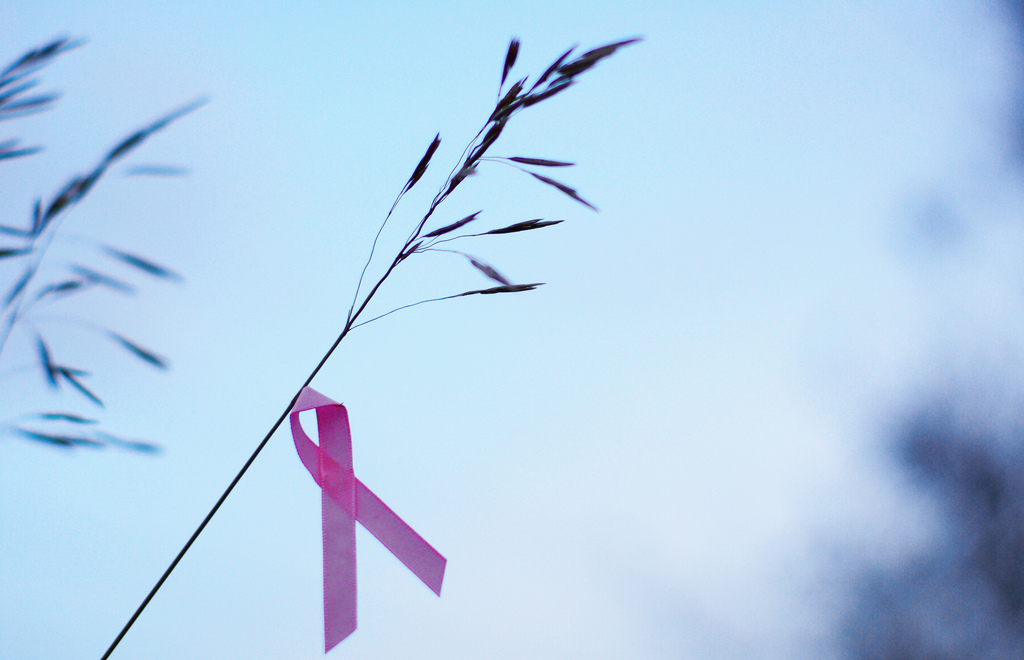As participants donned their pink ribbons and T-shirts and headed for the National Mall, the breast cancer charity Susan G. Komen for the Cure announced that $4 million in grant money would be allocated to promote breast health for minority and low-income women in the D.C. metro area.
Komen is anticipating a new round of funding for the year 2013 from the support raised at the Global Race for the Cure on June 2.
In the D.C. metro area, where breast cancer death rates rank above national averages, many women have found themselves on the wrong side of the health care gap, inhibited by poverty, lack of insurance, and other barriers to care. Three out of every four dollars raised at the annual race will go to address these issues, Komen officials said.
While breast cancer death rates have dropped steadily since 1990, they have declined more slowly for women living in poor communities, according to a recent study by the American Cancer Society.
And while progress has been made in getting more poor women in for screening mammograms over the past two decades, mammography rates for women in poor areas still lag behind those for women living in more affluent areas, the study found.
“Susan G. Komen’s mission has focused on ensuring that no woman suffers the horrors of breast cancer because she didn’t have access to care,” said Komen founder and CEO Nancy G. Brinker in a statement.
Leaders of the philanthropy are working hard to restore confidence in Komen’s mission. In February, the charity drew outrage from many supporters after it decided to defund cancer screenings at Planned Parenthood clinics. The funding was reinstated after significant public backlash and loss of support.
Grants from Komen have remained a mainstay for many community health care providers, with funding coming from the charity’s high-profile annual events, with participants showed strong support by sporting everything from pink breast cancer ribbons, to entire pink ensembles. The grant-making process is competitive, with only a minority of applicants receiving funding, according to Mary Grace, the project manager and community grant maker for Komen. Applications for 2013 grants are being released this month.
Priority is given to the organizations with the best records of serving the community, Gace said.
She singled out one local grantee, Arlington Free Clinic, for special praise.
“It is one of the best organizations that serves the uninsured population,” Grace said.
Arlington Free Clinic receives funds from Komen under a two-year grant that will dry up at the end of the year, so the clinic will be among numerous organizations applying for a new wave of funding. Funds will largely come from the Race.
Paula Potts, director of foundation relations at the Arlington Free Clinic, said the grants are “critical for our services we provide.”
Arlington women that meet a low income requirement and have no insurance can access complete breast health services at the clinic. These services include screening and mammography, radiation treatments and education on breast health.
Potts said Komen is the largest donor to the Arlington Free Clinic. The clinic traditionally uses a lottery system for qualified patients with other health needs, but because of the monies provided by Komen, the clinic can provide complete breast health care for any woman who qualifies.
“Thanks to the Komen grant we are able to provide screening and breast health care for every low-income and uninsured woman in Arlington,” Potts said.




